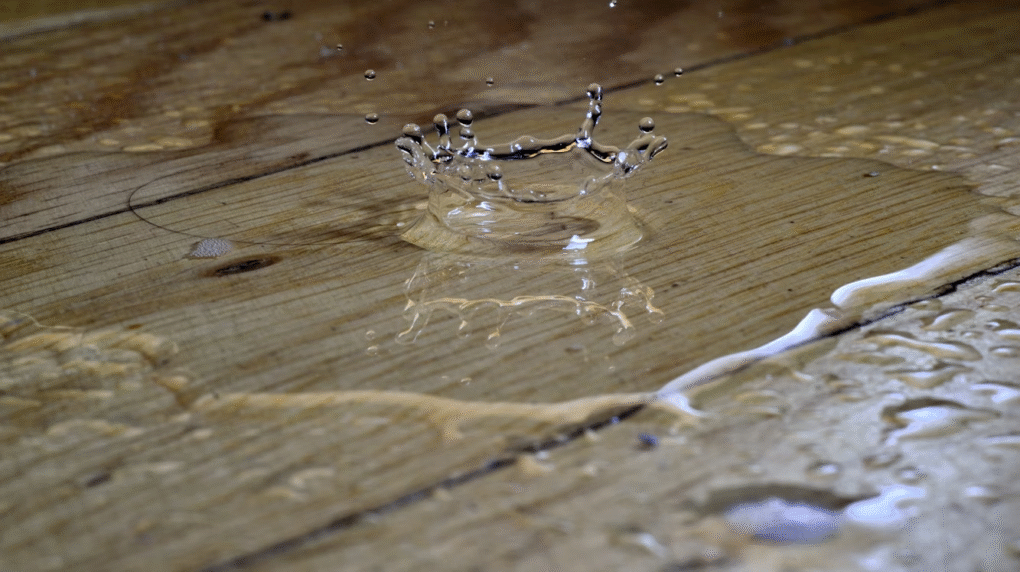
https://unsplash.com/photos/a-spider-on-a-wood-surface-_dRvgM3mlTM
A healthy living environment is a fundamental right for tenants, and property owners must ensure their rentals are safe and habitable. However, mold and water damage continue to spark legal disputes across the country as renters and landlords clash over responsibility. Issues often arise when health problems, property damage, and insurance claims intersect. This is where professional remediation services like Summit Cleaning & Restoration become crucial, not only for resolving the physical damage but also for protecting both landlords and tenants from escalating legal consequences.
Understanding Landlord Responsibilities
Landlords have a legal duty to maintain their properties in a habitable condition. This involves addressing structural issues, plumbing problems, or leaks that may contribute to water damage or mold growth. When a landlord fails to act promptly, tenants may be entitled to seek legal remedies, such as withholding rent, terminating their lease, or pursuing damages in court. Courts generally side with tenants if it can be proven that neglect has caused unsafe living conditions.
The problem is that mold often develops out of sight, making it difficult for landlords to argue they were unaware of the problem. In most jurisdictions, landlords are required to conduct regular inspections and respond promptly to reports of leaks or visible mold. Failure to do so can lead to claims of negligence, breach of contract, or violations of housing codes.
Tenant Rights in Mold and Water Damage Cases
Tenants also play a crucial role in maintaining safe living conditions, which involves promptly reporting water leaks or moisture issues as soon as they arise. However, even with timely reporting, tenants may face mold exposure that impacts their health or belongings. When mold-related health issues arise, such as respiratory infections, allergies, or worsening asthma, tenants may seek legal action against landlords for medical expenses, lost wages, or emotional distress.
In some states, specific mold disclosure laws require landlords to inform new tenants of any known mold issues before they sign a lease. Where such laws exist, failure to disclose can significantly strengthen a tenant’s legal position in disputes. Tenants are also entitled to compensation for property damage if personal belongings are ruined due to water intrusion or unchecked mold growth.
The Role of Insurance in Disputes
Insurance coverage is often a contentious issue in cases involving mold and water damage. Standard landlord or homeowner policies may cover sudden incidents, such as burst pipes, but typically exclude gradual problems, including slow leaks or long-term moisture damage. This gray area can complicate disputes between landlords, tenants, and insurers. Landlords who assume their policy will cover remediation costs may find themselves liable for the costs if insurers deny the claim.
For tenants, renters’ insurance may cover personal belongings damaged by water or mold, but it typically excludes structural repairs. This division of responsibility often leads to disputes between tenants and landlords over who should bear the costs of cleanup and restoration. In many cases, landlords must step in to ensure the property is returned to a safe and habitable state, regardless of insurance coverage.
Legal Consequences of Neglect
Failure to address mold and water damage in rental properties can lead to significant legal consequences. Landlords risk lawsuits not only from tenants but also from regulatory authorities enforcing building and health codes. Courts may order landlords to pay substantial damages, cover medical expenses, or compensate tenants for lost property. In extreme cases, landlords may even lose the right to rent their properties until proper remediation is completed.
Tenants, on the other hand, may also face legal consequences if they contribute to the problem, such as by failing to ventilate bathrooms, ignoring small leaks, or refusing access for repairs. Courts consider shared responsibility, but the balance typically favors landlords, given their primary duty to maintain habitable housing.
Why Professional Restoration Matters
When mold or water damage is discovered, prompt professional intervention is often the best way to minimize both physical and legal fallout. Services like Summit Cleaning & Restoration not only repair the immediate damage but also provide documentation that can be critical in legal proceedings. Detailed reports, photographs, and expert testimony from restoration professionals can protect landlords from claims of neglect or demonstrate that appropriate measures were taken to resolve the issue.
Professional restoration also ensures that repairs meet industry and health standards, reducing the likelihood of recurring problems. Courts look favorably on landlords who utilize certified experts rather than attempting quick fixes that may allow mold to recur. For tenants, the presence of professional restoration provides reassurance that their living space is safe and that their rights are being respected.
Balancing Prevention and Protection
Ultimately, the best way to avoid legal disputes over mold and water damage is to prevent them. Landlords should conduct regular inspections, promptly repair leaks, and invest in preventive measures such as proper ventilation and moisture barriers. Tenants should report issues quickly and cooperate with maintenance efforts. When both parties take proactive steps, the likelihood of legal battles decreases significantly.
Still, even with the best precautions, water damage and mold can occur unexpectedly. In these cases, swift remediation, clear communication, and professional documentation are key to resolving issues before they escalate into lawsuits.
Conclusion
Mold and water damage in rental properties are not just maintenance concerns—they carry profound legal implications for both landlords and tenants. From tenant health risks to disputes over insurance coverage, these issues often end up in court when not properly addressed. Engaging professional services like Summit Cleaning & Restoration is one of the most effective ways to manage the damage, safeguard tenant well-being, and protect property owners from costly legal consequences. By addressing issues quickly and thoroughly, landlords and tenants alike can avoid disputes and maintain safe, habitable living environments.
